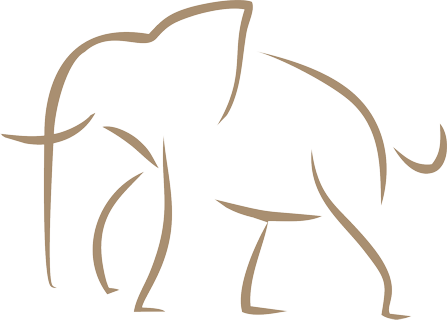The magical Kgalagadi Transfrontier Park is one of the world’s last great, unspoilt ecosystems. Once you step foot inside Africa’s first transfrontier park, tucked away alongside Namibia in the Northern Cape of South Africa and southwest Botswana, you’ll soon realize why the journey to this remote corner of the world was well worth the effort.
The Kgalagadi is a wild land of harsh extremes and frequent droughts, where shifting red and white sands meet thorn trees and dry riverbeds. Yet despite the seemingly desolate landscape, it’s teeming with wildlife. From prides of black-maned lion to packs of howling spotted hyenas, there are close to 1800 predators here, including around 200 cheetahs, 450 ions and 150 leopards. It is one of the best places in the world to spot big cats, especially cheetahs. Add in those deep-red sunsets and pitch-dark night skies studded with millions of twinkling stars, and you’ll feel like you’ve entered the Africa of storybooks.
Covering an area of nearly 38 000 square kilometres, Kgalagadi is one of Africa’s largest protected wilderness areas. Antelopes, forced to travel great distances in times of drought to reach water and food, migrate across the unfenced expanses. The semiarid countryside is richer than it appears, and supports large populations of birds, reptiles, rodents, small mammals and antelopes. These in turn support the large population of predators.
The landscape is hauntingly beautiful. Between the Nossob and Auob Rivers, which are usually dry, youl find the characteristically red Kalahari dunes. Elsewhere the sand varies from pink and yellowish to grey and following the rain the pioneer grasses give the land a green tint.
At a glance
Why you should visit
The semiarid countryside is richer than it appears and supports large populations of birds, reptiles, rodents, small mammals and antelopes. These in turn support large populations of predators.
Kgalagadi is one of the best places in Africa to spot big cats, especially cheetahs.
Our favourite time to visit
The best time to visit is in winter (May to August), when the weather is coolest and the animals are drawn to the few waterholes along the dry river beds and can easily be spotted.


